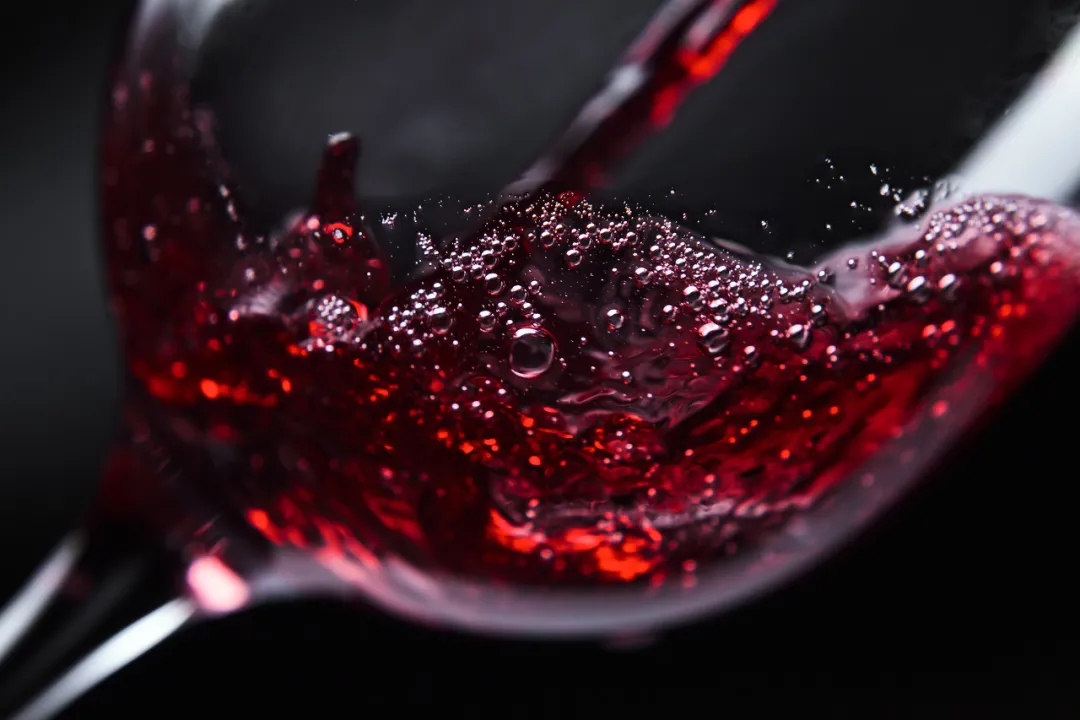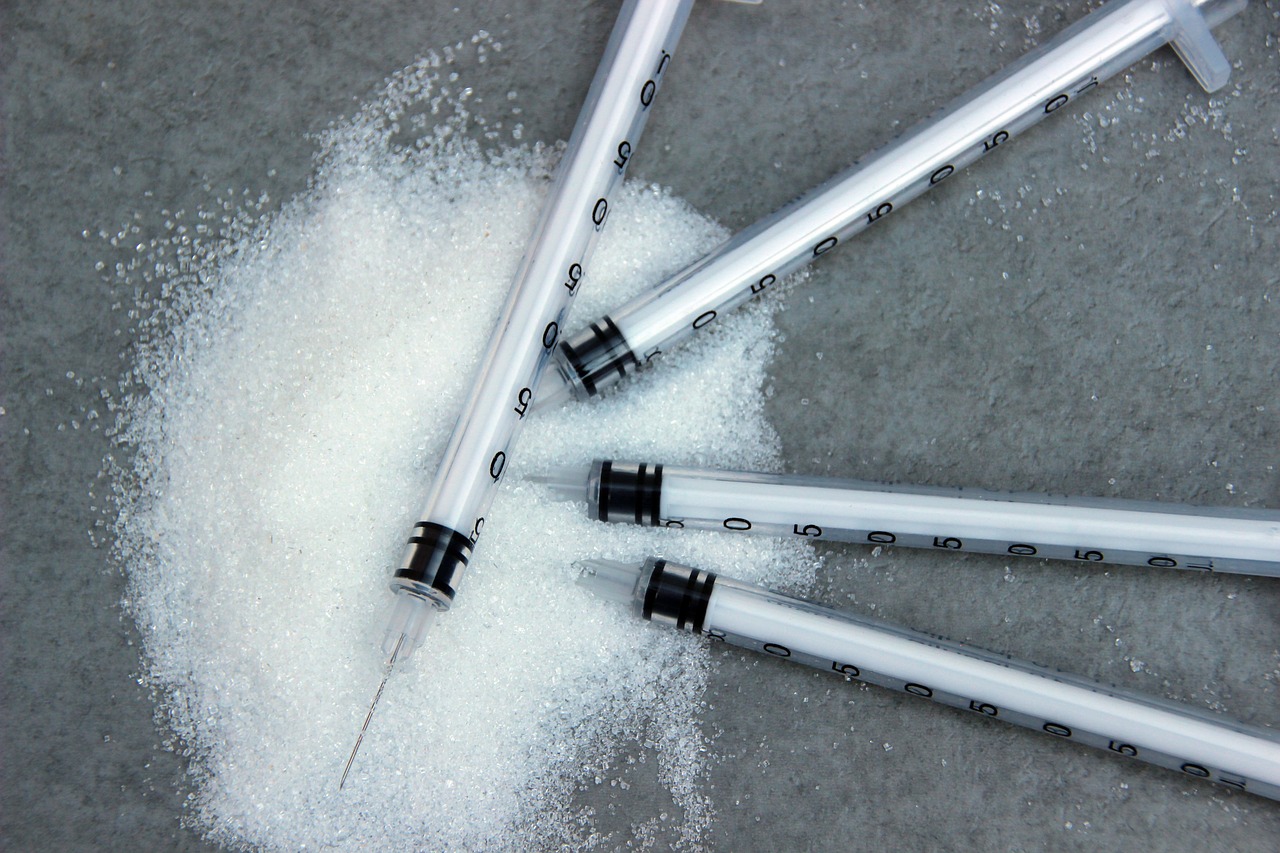There is no safe dose of alcohol and even light drinking can increase cancer risk, a heavy study says.
The link between smoking and cancer is well documented and well known, what about alcohol?
The International Agency for Research on Cancer (IARC) recently led a weighty study on alcohol consumption and cancer published in The Lancet-Oncology, proving just how harmful alcohol can be. The results of the study showed that at least 4% (741,300) of newly diagnosed patients with esophageal, oral, laryngeal, colon, rectal, liver and breast cancers worldwide in 2020 could be attributed to alcohol consumption, and even more thought-provokingly, the study found that light and moderate drinkers were also at a significantly increased risk of developing cancer.
To put it bluntly, there is no such thing as a safe dose of alcohol consumption; every drop is a death sentence.
Is there a link between alcohol consumption and cancer?
No feast without alcohol, and every holiday season sees a spike in alcohol consumption around the globe. “A little drink is good for the soul, a lot of drink is bad for the body” is the “golden advice” that many people use to persuade people to drink during a glass of wine exchange. However, is this really true?
There have been a large number of studies showing that heavy drinking can cause alcoholism, cirrhosis of the liver, myocardial infarction, etc., but also increase the incidence of liver cancer, pancreatic cancer, etc.. However, there are still many people believe that as long as you don’t drink too much, a little alcohol can still be a good time. New research, however, has given a blow to this theory, even if the low level of alcohol consumption can also trigger the risk of cancer.
Considering that alcohol consumption affects the development of cancer through a certain period of time, the researchers assumed that there is a 10-year latency period before cancer is diagnosed. In the new study, the per capita alcohol consumption in Canada, Europe, China and Australia in 2010 was counted, and then analyzed in conjunction with data on new cancer cases in the year 2020, and other possible cancer-causing factors such as smoking and obesity were excluded from the study.
The study categorized alcohol intake into three levels: moderate drinking (60 g/day and more than 6 alcoholic drinks per day). When analyzed together, alcohol consumption was found to be associated with an increased risk of cancer, with 741,300 new cancer cases worldwide in 2020 associated with alcohol consumption, accounting for 4.1% of all new cancer cases in the year.
Men accounted for 77% of all cancer cases caused by alcohol. Esophageal, liver and breast cancers were the most common, with 189,700, 154,700 and 98,300 cases respectively. The authors also looked at the relationship between daily alcohol intake and cancer risk. It was found that heavy drinkers were more likely to be at risk of developing cancer in the future. But even small amounts of alcohol are a risk factor for cancer development. One or two drinks a day is enough to cause over 100,000 cases of cancer. Alcoholics had the highest number of cancer diagnoses, over 346,000, and even people who drank only 10 grams of alcohol a day were at risk of developing cancer after 10 years.
How does alcohol consumption cause cancer?A 2018 article published in the journal Nature confirmed that alcohol can directly damage DNA, bringing about irreversible damage. Ethanol, the form of alcohol present in beer, wine and liquor, breaks down into the body to form a known carcinogen called acetaldehyde, which damages the body’s DNA and interferes with the cells’ ability to repair damage. In addition alcohol increases hormone levels and accelerates cell growth and division. With more cells dividing, there is more opportunity for cancer to develop. Alcohol also reduces the body’s ability to absorb certain cancer-fighting nutrients, including vitamins A, C, D, E and folic acid. Chronic alcohol consumption can also lead to cirrhosis of the liver. What’s more, the combination of drinking and smoking may indirectly increase the risk of cancer; alcohol is a solvent for the cancer-causing chemicals in tobacco.
Among the many ways in which alcohol consumption causes cancer, damage to DNA is the primary mechanism. And DNA requires a critical number of mutations to cause cancer. Over time, this damage accumulates, so if you drink today, and tomorrow, and the day after that, then each alcohol intake is actually increasing your risk of cancer. The more a person drinks, the greater the potential for biological damage. Whether it’s beer, wine or liquor, drinking alcohol increases cancer risk. You may have heard that red wine contains healthy compounds like resveratrol. But the risk comes from the alcohol itself, and for wine drinkers, the risk is the same whether they drink red or white wine.
Positive effects of alcohol consumption on the cardiovascular system? Results in doubt
When it comes to alcohol and heart health, the available research is quite contradictory: some studies say that alcohol improves heart health, while others imply the opposite. Just as over the past few decades, several studies have shown that drinking alcohol in moderation is a potential way to prevent heart disease, there is of course a significant body of research that refutes this theory, arguing forcefully that excessive alcohol consumption can be detrimental to health.
In 2018, researchers at the University of Washington published an article in The Lancet stating that global mortality and cancer risk significantly increase with alcohol consumption, and that the least health damaging alcohol consumption is zero, not small amounts or “moderation,” which used to be the standard for varying amounts. The data for the findings come from the 2016 edition of the Global Burden of Disease study, which used data from 694 studies to estimate the prevalence of alcohol consumption globally, and 592 studies (including 28 million people globally) to examine alcohol-related health risks in 195 countries between 1990 and 2016. The analysis showed that in 2016 more than 2 billion people worldwide consumed alcohol, 63% of whom were men, and nearly 3 million people died as a result of alcohol consumption, with 12% of those deaths occurring between the ages of 15 and 49 years. The report emphasizes that the overall negative impacts of any alcohol consumption outweigh the positive impacts of moderate drinking, especially on cancer.
The authors of the study wrote in the paper, “Although the health risks of one drink a day are modest to begin with, they rise rapidly as people drink more. Policies that minimize alcohol consumption are important for improving health. The widely held view that alcohol is good for health needs to be revised, especially as improved methods and analyses continue to reveal the extent to which alcohol contributes to global death and disability.”
Alcohol and health are intricately linked and it affects health in many ways. Regular alcohol consumption has adverse effects on organs and tissues, acute intoxication can lead to injury or poisoning, and alcohol dependence can lead to frequent intoxication, self-harm or violence. Some previous studies have shown that low levels of intake can be protective against heart disease and diabetes. For example, alcohol was also found to be protective against ischemic heart disease in this Lancet study, and possibly against diabetes and ischemic stroke, but these were not statistically significant. The greater the amount of alcohol consumed per day, the greater the risk of other health problems. Taken together, these findings suggest that the protective effects of alcohol are offset by the risks, and overall, alcohol-related health risks rise with the amount consumed per day. Therefore, the authors conclude that there is no safe level of alcohol.
A recent study of nearly 108,000 people found that regular moderate drinkers had an increased risk of atrial fibrillation (“AF”), a condition in which the heart’s rhythm is abnormal. The study found that just one drink per day increased the risk of AF by 16% over an average of 14 years of follow-up compared to no alcohol at all.
The International Agency for Research on Cancer lists 121 carcinogens on its website, including alcohol, tobacco, ultraviolet radiation and outdoor air pollution. The study says that alcohol exacerbates the cancer-causing effects of other substances such as tobacco (not limited to tobacco). This means that if you both smoke and drink alcohol while living in an environment with poor air quality, you may be more likely to develop cancer than others.
It’s time to rewrite what has been believed for years: “A little alcohol goes a long way”. There is no minimum dose of alcohol, and it’s healthiest when you don’t drink!




